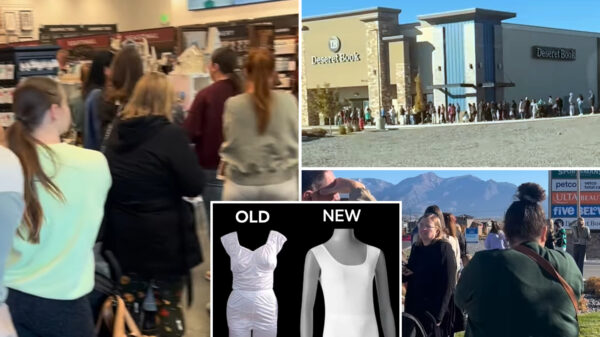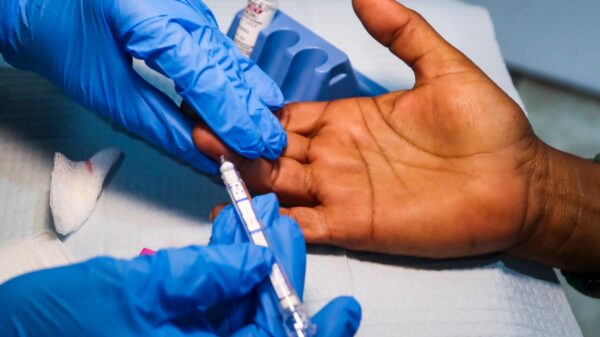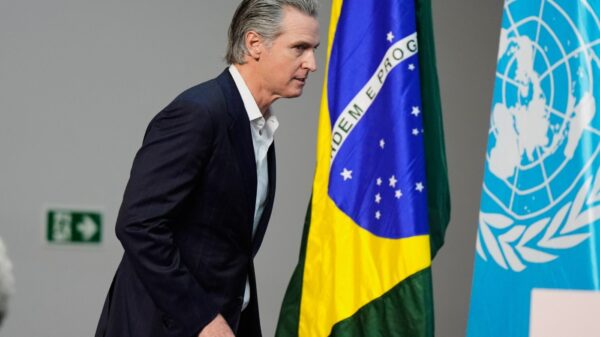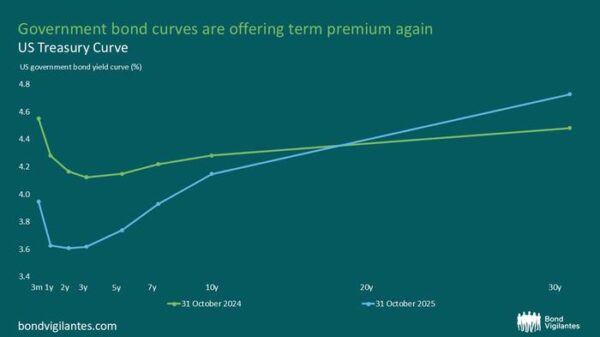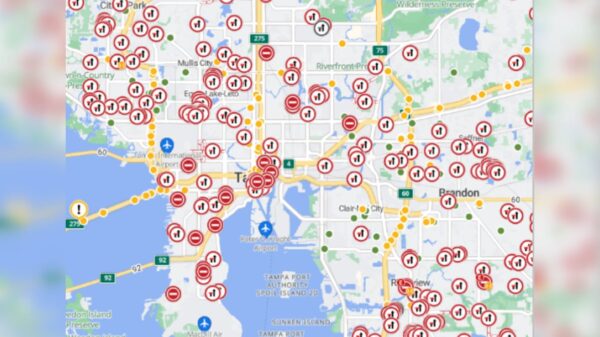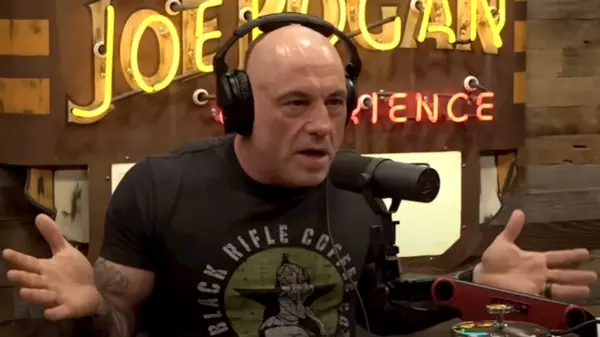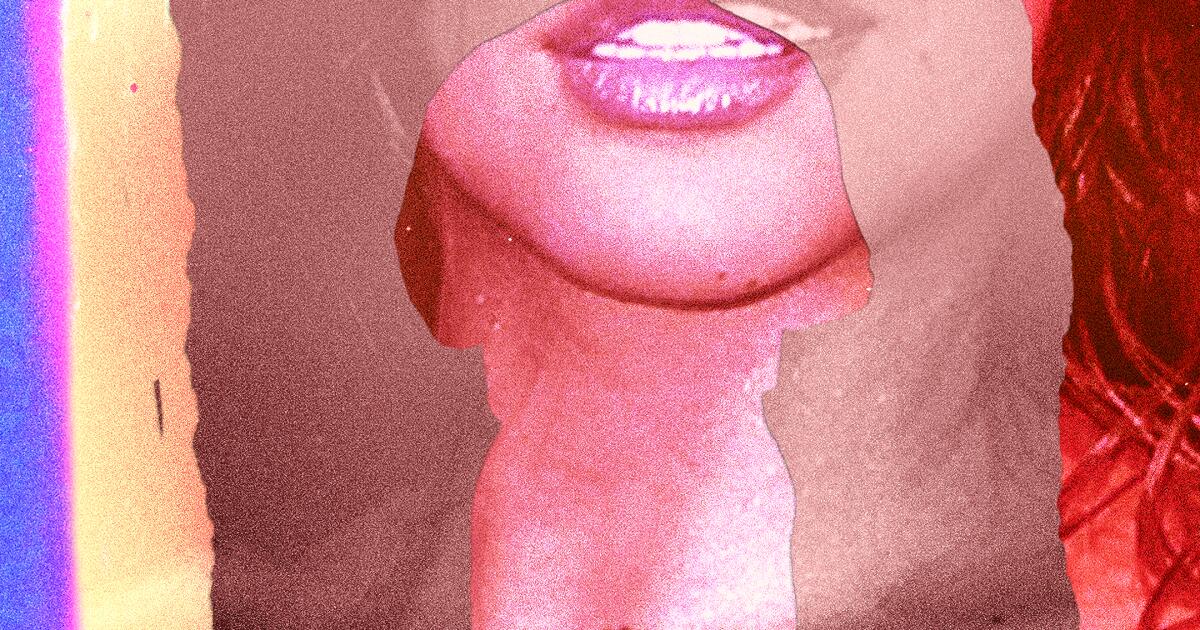UPDATE: Venezuelan model and influencer Isabella Ladera has filed a lawsuit against her former boyfriend, Colombian singer Beéle, after a private sex video leaked online, sparking a nationwide conversation about privacy and consent. The lawsuit, filed in Miami-Dade County Circuit Court on September 15, 2025, alleges serious violations including invasion of privacy and sexual cyberharassment under Florida Statute §784.049.
Ladera’s legal action comes in the wake of a devastating leak, confirmed on September 7, when one of their intimate videos went viral on WhatsApp and spread to various social media platforms. Ladera is seeking justice not only for herself but also to raise awareness about the dangers of digital exploitation. “No one should take advantage of another’s vulnerability to make money or create content. This is not entertainment; it is a crime,” she stated.
The turmoil began when Ladera and Beéle began their relationship in December 2023, after connecting on Instagram. At Beéle’s request, they recorded intimate videos, which Ladera deleted, urging him to do the same as early as May 2024. However, he allegedly refused, and following their breakup, Ladera discovered that screenshots of their videos were circulating.
The implications of this case are profound. Ladera’s lawsuit is not just about her personal distress; it highlights a broader epidemic of image-based sexual abuse. Recent legislation, such as the Take It Down Act signed into law by President Trump, aims to combat the non-consensual sharing of intimate images, making it a federal crime to publish such content without consent. However, the effectiveness of these laws varies significantly by state.
In Florida, victims like Ladera have specific rights under state law, but enforcement can be inconsistent. Experts note that states like California offer more robust protections, providing both criminal and civil remedies for victims of nonconsensual pornography. Roxanne Rimonte, an attorney at C.A. Goldberg, stated, “California is one of the states that provides a civil cause of action for victims, making it easier for them to hold offenders accountable.”
The public nature of Ladera’s case amplifies the harm, with false narratives suggesting that she leaked the videos herself. Ladera’s attorney, Pierre Hachar, Jr., emphasized that her case is representative of countless women facing similar violations. “Let it be absolutely clear that any acts of this nature will be met with the same unwavering resolve and addressed to the fullest extent of the law,” he asserted.
Beéle has denied any involvement in sharing the video, claiming he is also a victim. On September 9, his legal team stated that he did not leak the content and is pursuing legal action in both Colombia and the United States to identify those responsible for the leak. He has urged media and social media users to refrain from sharing the material.
This developing story underscores the urgent need for reform in how society handles digital privacy and accountability. As Ladera fights for her rights, she aims to send a powerful message: unauthorized sharing of intimate content will face serious legal consequences. The emotional toll on victims is immense, and as technology evolves, so too must the laws designed to protect individuals from exploitation.
As the case unfolds, observers are urged to pay attention not just to the specifics of Ladera’s situation, but to the larger implications for privacy rights and protections against digital exploitation. This lawsuit could set significant legal precedents in the fight against image-based sexual abuse and may influence future legislation across the United States.








